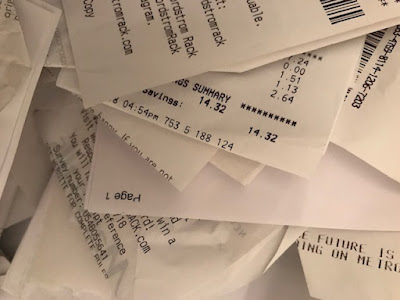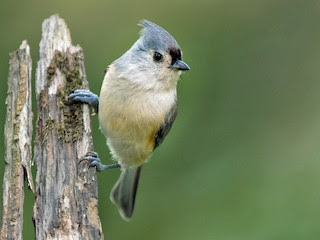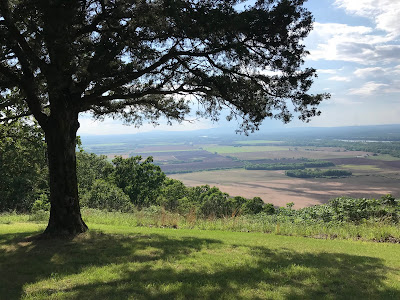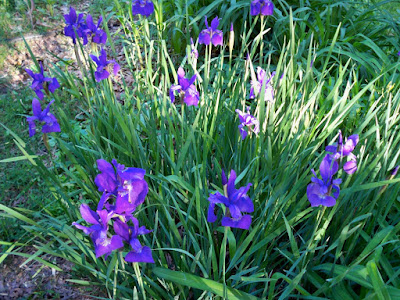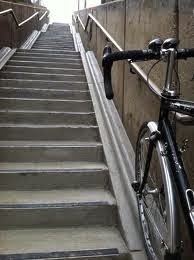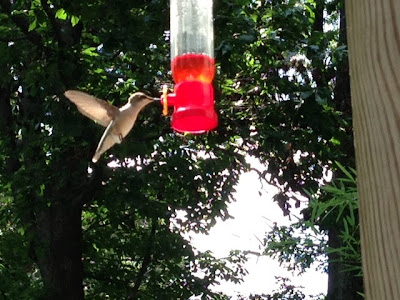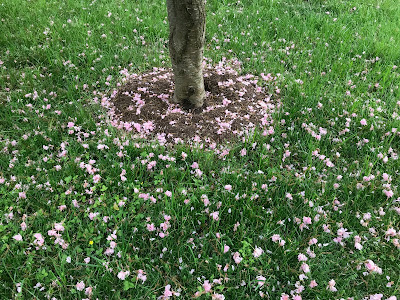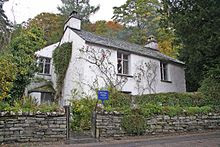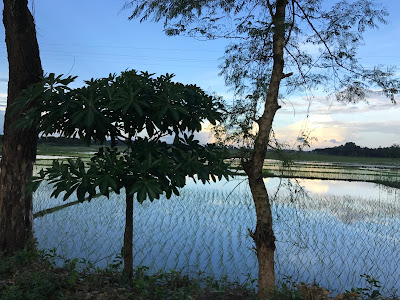Sorting Day
Yesterday was cool and rainy, the perfect day to sort through drawers and throw away receipts. It began with a search for my national parks pass (not yet found), but continued long beyond that.
I amassed a pile of credit card receipts and tossed all but 2019’s. Along the way, I found a plethora of pool passes, a few expired gift cards and some stray Girl Scout badges, never sewn onto sashes.
It was, on the whole, a calm and meditative practice, sorting through old eyeglass holders, foreign currency and stray sewing kits — the kind of odd conglomeration that can only accumulate over time.
At the bottom of one drawer was a checkbook from Chemical Bank in New York. Haven’t heard about them in a while. No wonder. They merged with Chase in 1996.
It was that kind of afternoon.
